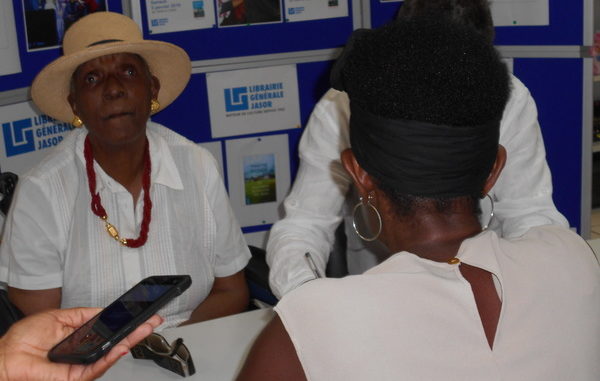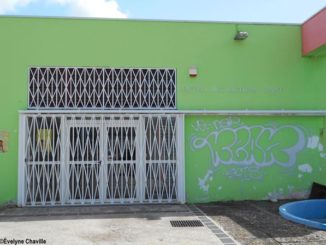
Maryse Condé tiptoed to her death on April 2 at the age of 90, and tributes have been pouring in ever since. Each specialist in literature shares his thoughts about the great lady. The Guadeloupean was not only a writer, she was also a living library, given the number of books (some thirty) she wrote and their translations into a dozen foreign languages. Her death is a huge loss for Guadeloupean, Caribbean, French and international literature.
Maryse Condé loved Guadeloupe, the island where she was born and left at the age of 16 to continue her studies in mainland France. In her quest for identity, she turned to Africa. She married an actor from Guinea and, fascinated by the dark continent, she kept his surname after five years of marriage and three children. “Condé”, a surname very widespread in West Africa instead of “Boucolon”, this surname given to her ancestor after slavery in 1848.
Maryse Condé had traveled this black Africa (Ivory Coast, Guinea, Ghana, Senegal, Mali…), teaching young people or doing research. She probably had thought that her skin color would open the doors for her, that she would be seen as the “sister” whose ancestor had left centuries before for the New World, but over there in Africa, she was considered a foreigner, a dark-skinned Frenchwoman, a descendant of slaves. To have been a “slave” is often considered in black Africa as being the worst fate that one can have…
Maryse Condé loved the dark continent, but she had learned to look at it in all its complexity, with all its faults and qualities. She had written about Africa – notably in her first novel, “Heremakhonon”, inspired by her years spent in Guinea and published in 1976, then in “Ségou”, a historical novel featuring the powerful Bambara kingdom until the 19th century, in what is now Mali, published in 1984 (volume 1) and 1985 (volume 2). And even when she wrote about Guadeloupe, the references to Africa were never far away.
Maryse Condé celebrated Africa, she helped to make Africa known and understood, but unfortunately, she was never honored by Africa. Indeed, during her career, Guadeloupean novelist has received many literary awards and distinctions (Prix de l’Académie Française in 1988, France; Liberatur Prize in 1988, Germany, for “Ségou”; Puterbaugh Prize in 1993, USA; Honorary Member of the Académie des Lettres du Québec in 1998, Canada; Alternative Nobel Prize for Literature in 2018, Sweden etc). However, there is no award from an African country. Nor even the Grand Prix Afrique, created in 1952 in Paris by the Association of French-speaking writers (ADELF) and intended for French-speaking writers from sub-Saharan Africa, or for a book concerning this geographical area…
Finally, Maryse Condé was a misunderstood person in Africa and maybe she expected nothing from the continent of her ancestors…



